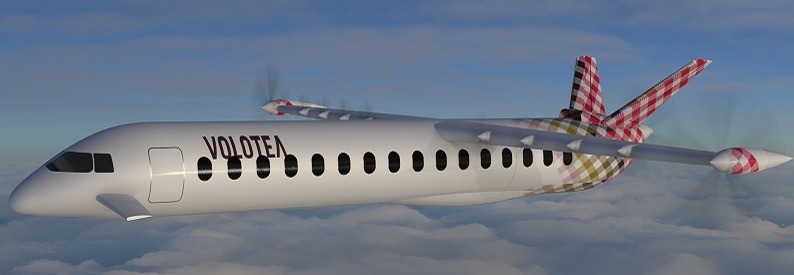Volotea Eyes Madrid Slot Role Amid Consolidation

Volotea CEO Carlos Muñoz has confirmed that the Spanish low‐cost carrier remains willing to step in as a remedy‐taker at Madrid‐Barajas should consolidation among Europe’s flag carriers trigger the need to divest airport slots. The remarks come after Volotea’s planned joint venture with Latin America’s Abra Group, tied to the abandoned merger between IAG and Air Europa, collapsed in August 2024.
Muñoz explained at Routes Europe 2025 in Seville that the IAG‐Air Europa deal would have required IAG to divest a block of weekly Heathrow‐Madrid slot pairs. As part of that remedy, Volotea had negotiated to acquire slots at Madrid, intending to position up to half of its 40‐strong Airbus fleet at the Spanish capital. “It was not a minor thing,” Muñoz acknowledged. “It was a serious proposition for us to combine our short‐haul strength with Abra’s long‐haul network.”
Despite IAG’s decision to withdraw its bid amid regulatory pushback in 2023, Muñoz said Volotea has not ruled out participating in future slot remedies—whether those arise from a prospective Air France‐KLM or Lufthansa takeover of Air Europa or other consolidation scenarios. “I think the number of remedies would be much smaller than it was with Iberia‐Air Europa,” he noted. “So, would we be interested? Yes. We’re also interested in other consolidating options to be a remedy provider.”
Volotea’s appetite for remedy slots underscores the scarcity of independent, mid-sized airlines capable of absorbing divested capacity—a point Muñoz believes will continue to attract regulatory attention. He stressed that the carrier’s flexibility and independence have become strategic assets. “We’re small compared to Ryanair or easyJet, but definitely the most flexible,” he said. “We’re not dogmatic at all. If there’s a good opportunity out there, we’ll go for it.”
The collapse of the transaction with Abra—a deal that would have melded Volotea’s intra-European routes with long-haul services into Latin America—did not diminish Muñoz’s enthusiasm for growth. He described the proposed tie‐up as “a formidable opportunity” that could have transformed the competitive landscape in Spain. Nonetheless, Volotea has continued to expand organically and through partnerships, including a codeshare with Aegean Airlines, which holds a 17 percent stake in the airline, potentially rising to 21 percent.
Muñoz highlighted Volotea’s operational scale ahead of the summer 2025 season. According to OAG data, the carrier is scheduled to serve 101 airports, offering approximately nine million seats. France, Italy and Spain remain its core markets, but Muñoz is also targeting rapidly growing demand in Greece, where Volotea has increased frequencies to tourist hotspots. He stressed that the carrier’s network strategy balances market leadership in established European capitals with agile entry into emerging leisure destinations.
The airline’s willingness to engage in remedy processes comes as Europe’s aviation sector again confronts consolidation pressures. Legacy carriers are seeking scale to offset rising costs, while low-cost and hybrid carriers aim to defend market share. Should a major transaction require slot divestments, regulators may once again look to midsized operators like Volotea to maintain competition on key routes.
As air travel demand rebounds, Volotea’s CEO remains vigilant for new avenues to grow. Whether through organic network extensions, strategic codeshares or remedy slot arrangements, the airline is positioning itself to capitalize on consolidation while preserving its independence. “We’ll see how it all goes, but we’re ready,” Muñoz said, signaling that Volotea will continue to pursue opportunities that reinforce its role as a nimble, mid-market challenger in European aviation.
Related News : https://airguide.info/?s=Volotea
